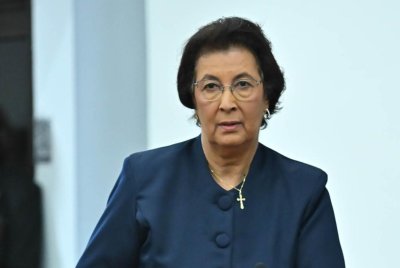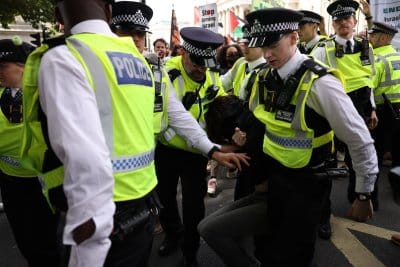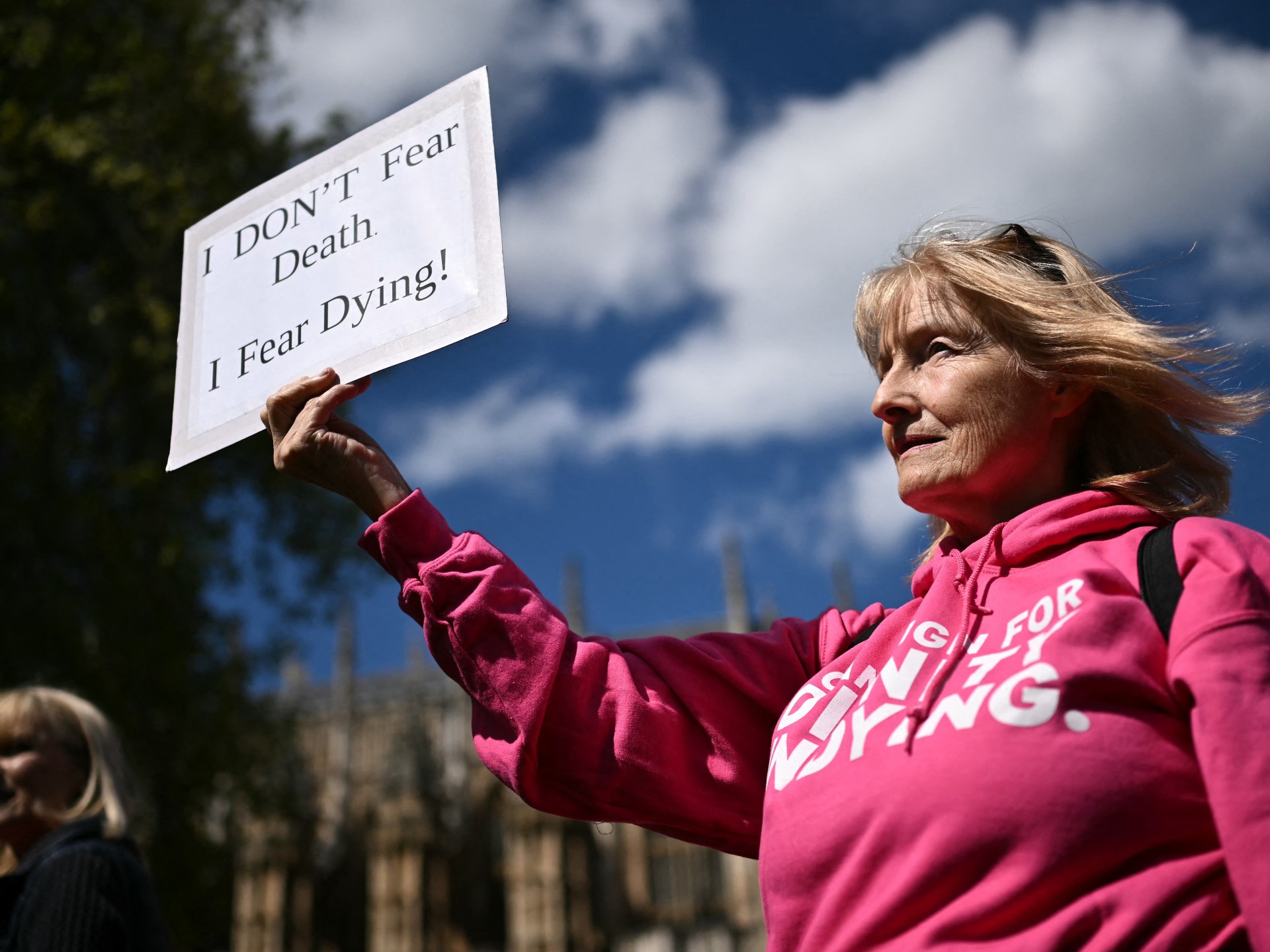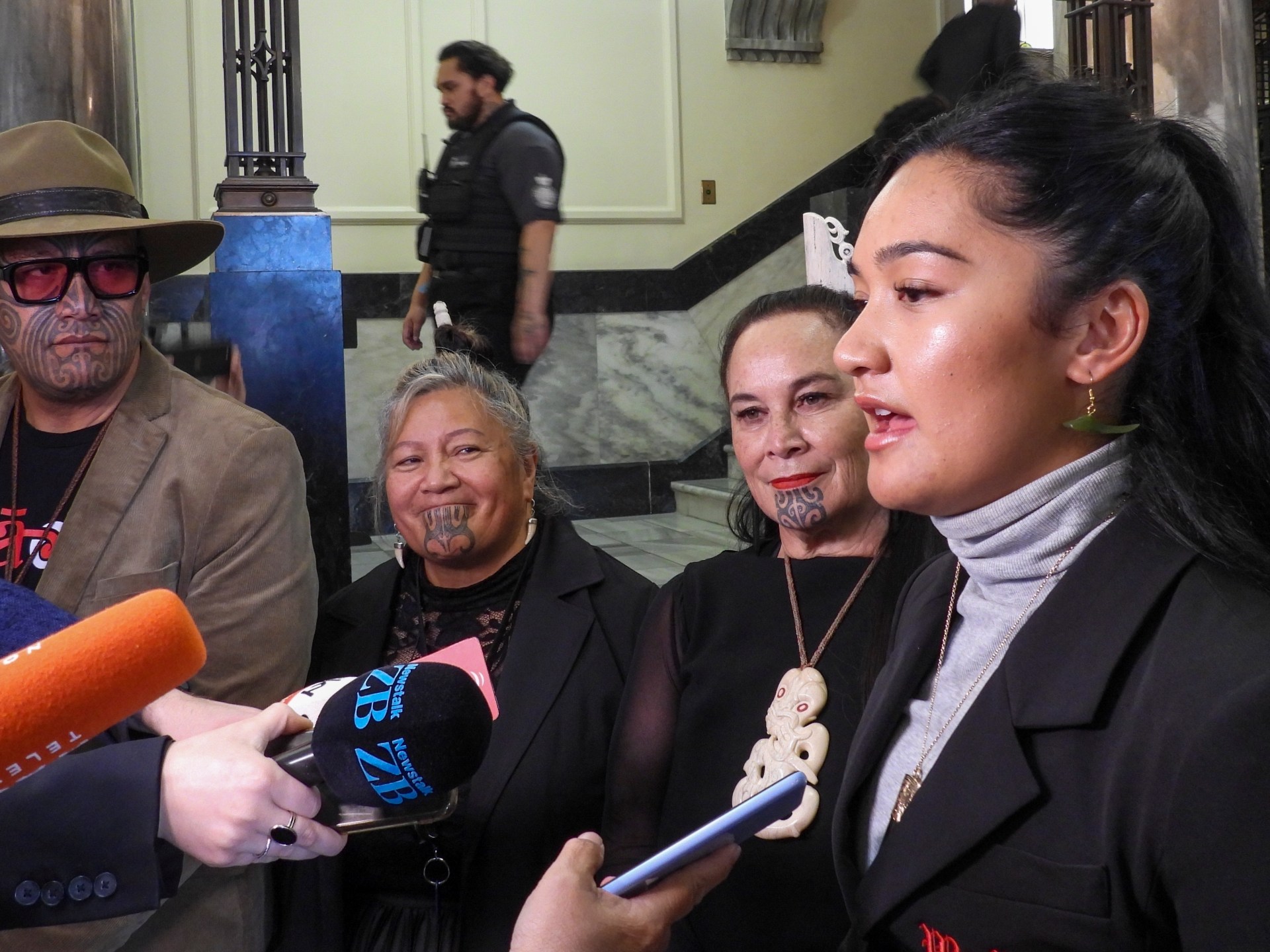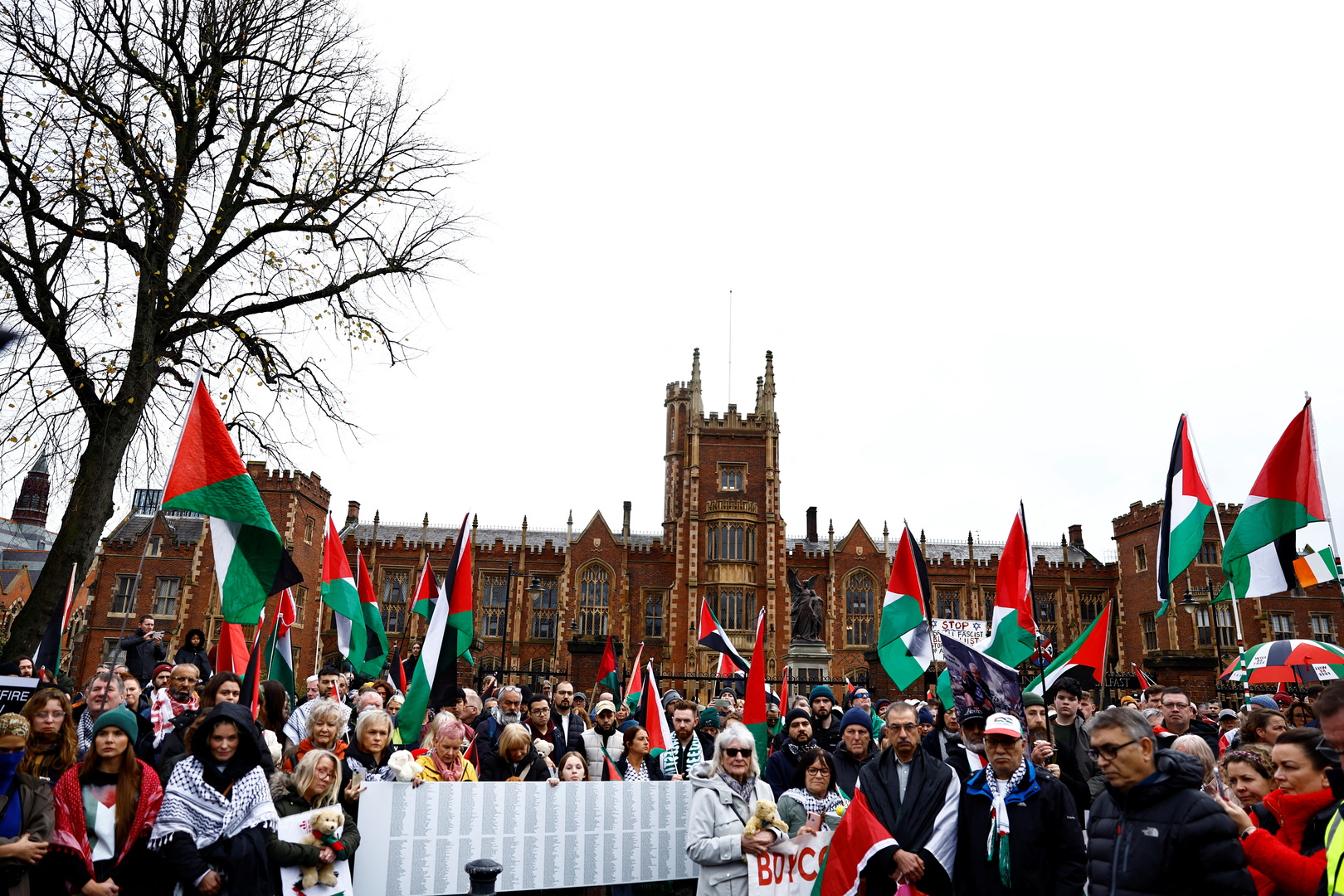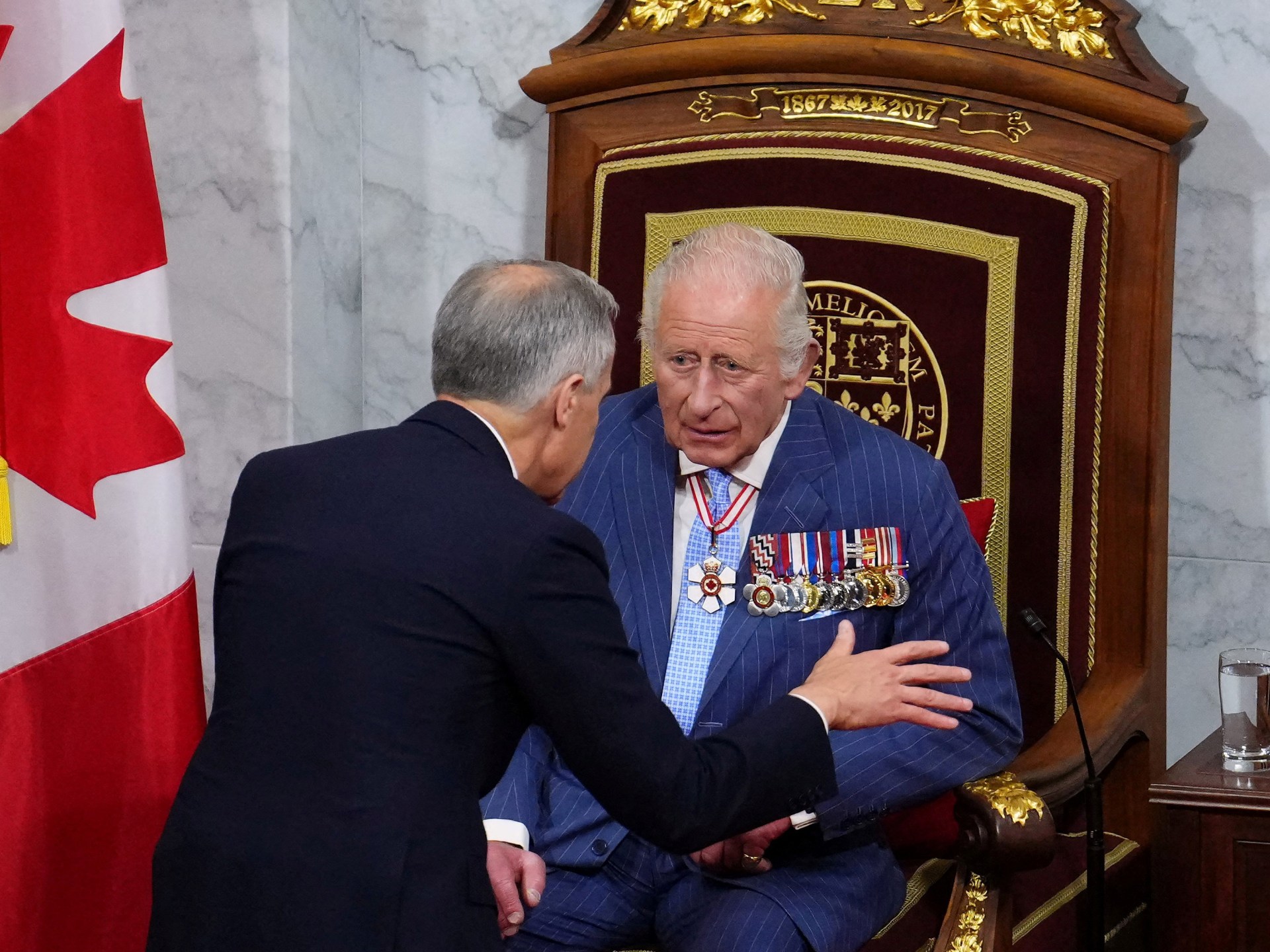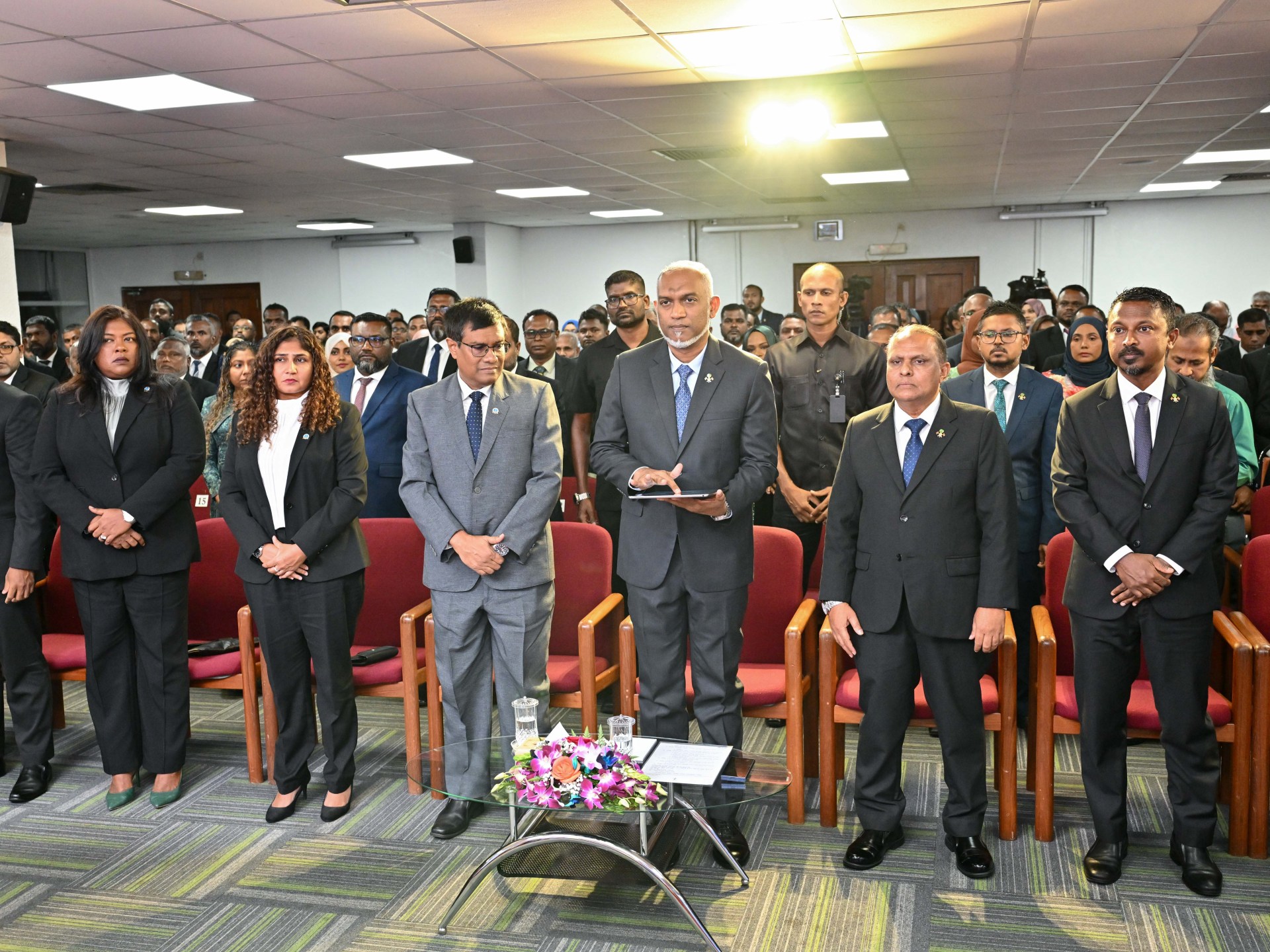The British parliament has narrowly voted in favour of a bill to legalise assisted dying for terminally ill people, marking a landmark moment of social reform in the country’s history.
The legislation passed by a vote of 314-291 in the House of Commons on Friday, clearing its biggest parliamentary hurdle, and will now undergo months of scrutiny in the House of Lords, Britain’s upper chamber.
The process could result in further amendments when it goes to the Lords, but the upper house is usually reluctant to block legislation that has been passed by elected members of parliament in the Commons.
Friday’s vote came after many hours of emotional debate, including references to personal stories, in the chamber. It followed a vote in November that approved the legislation in principle.
Prior to that, the House of Commons voted on the issue in 2015, when it rejected legalising assisted dying.
What is in the assisted dying bill?
The “Terminally Ill Adults (End of Life)” Bill gives mentally competent, terminally ill adults in England and Wales, who have six months or less left to live, the right to choose to end their lives with medical assistance.
Patients will have to be capable of taking fatal drugs by themselves after receiving a green light from doctors and a panel including a social worker, a senior legal figure and a psychiatrist.
Assisted suicide is different from euthanasia, where a healthcare practitioner or other person administers a lethal injection at a patient’s request.
Under current legislation, someone who helps a terminally ill person end their life can face a police investigation, prosecution and a prison sentence of up to 14 years.
Changes to the original draft of the new bill were made to include the appointment of independent advocates to support people with learning disabilities, autism or mental health conditions and the creation of a disability advisory board.
Logistics still need to be thrashed out, including whether the practice or any services supporting it would be integrated into the National Health Service (NHS) or would operate as a separate unit made available through third parties.
The bill will not apply in Northern Ireland or Scotland, which is holding its own vote on the issue.
What are the arguments for assisted dying?
Supporters of the bill say it will ensure dignity and compassion for people with a terminal diagnosis, who must be given a choice over whether or not to relieve their suffering.
Labour MP Kim Leadbeater, who introduced the bill, told The Guardian newspaper that terminally ill people should be given rights over their bodies similar to those that allow a woman to choose an abortion.
“As much as I will fight for the rights of disabled people to be treated better by society, I will also fight for the rights of dying people,” she said.
Some advocates for the bill also argue that current legislation discriminates against the poor, who face possible prosecution for helping their loved ones die, while the wealthy can travel abroad to legally access the services.
Conservative MP Peter Bedford spoke against this perceived inequality. “At least one Brit every week is taking the stressful and often lonely journey to Switzerland for an assisted death, at the cost of £12,000 ($16,100),” he said. “This bill isn’t about shortening life, it is about shortening death.”
Labour MP Maureen Burke spoke about her brother David, who suffered from pancreatic cancer. “He could never have known that I would ever have the opportunity to stand in this place and ask colleagues to make sure that others don’t go through what he went through,” she said. “I’ve done right by my brother by speaking here today.”
Opinion polls show that a majority of United Kingdom citizens back assisted dying. Sarah Wootton, chief executive of the UK-based Dignity in Dying campaign, said the vote sent “a clear message” and that “parliament stands with the public and change is coming”.
While there is no timetable for the implementation of the bill, under the terms of the legislation, it must begin within four years of the law being passed.
What do opponents say?
Opponents worry that vulnerable people could be coerced into ending their lives or feel pressured to do so for fear of becoming a burden to their families and society.
Protesters who rallied outside parliament as the vote was taking place on Friday held up banners urging politicians not to make the state-run health service, the NHS, the “National Suicide Service”.
Several MPs withdrew their support for the bill after the initial vote last year, saying safeguards had been weakened. One of the most important changes to the bill from last November was the dropping of the requirement that a judge sign off on any decision. The latest vote passed by a majority of 23, a narrowing of support from the 55 majority (330 votes to 275) in November.
Care Not Killing, a group that opposes the law change, called the bill “deeply flawed and dangerous” and argued that politicians had not been given enough time to consider its implications.
“Members of Parliament had under 10 hours to consider over 130 amendments to the bill, or less than five minutes per change. Does anyone think this is enough time to consider changes to a draft law that quite literally is a matter of life and death?” said the group’s CEO, Gordon Macdonald.
Opponents also raised concerns about the impact of assisted dying on the finances of the state-run NHS, whether it could allow it to sidetrack requests to fund improvements to palliative care and how it might change the relationship between doctors and their patients.
Outright opponents of the legislation include Tanni Grey-Thompson, a disabled MP and Paralympic medallist. In an interview with Sky News, she said nobody needs to die a “terrible death” if they have access to specialist palliative care.
“I’m really worried that disabled people, because of the cost of health and social care, because that’s being removed, that choice is then taken away, so the only choice they have is to end their lives,” she said.
Where else is assisted dying legal?
Assisted dying laws have been introduced in several countries. About 300 million people around the world have legal access to this option, according to Dignity in Dying.
In March, the Isle of Man became the first place in the British Isles to pass an assisted dying bill, allowing terminally ill adults with a prognosis of 12 months or less to choose to end their lives.
Switzerland legalised assisted dying in 1942, making it the first country in the world to permit the practice on the condition that the motive is not selfish.
In Europe, the Netherlands, Belgium, Luxembourg, Spain, Portugal and Austria have some form of legalised assisted dying.
In the United States, the practice is known as “physician-assisted dying” and is legal in 10 states, while in Australia, it has been legal in every state since 2022.
In Latin America, Colombia legalised euthanasia for terminally ill adult patients in 2014, while Ecuador opted to decriminalise euthanasia and assisted suicide in 2024.
Canada has one of the most liberal systems of assisted dying in the world. It introduced MAID, or Medical Assistance in Dying, in 2016 for terminally ill adults. In 2021, the requirement of suffering from a terminal illness was removed and it is now debating opening the scheme to people who suffer from a mental illness as well.
Which other countries are considering legalising it?
A bill on assisted dying is being considered in Scotland. It passed an initial vote in May, but it will now need two more rounds of parliamentary scrutiny before it can become law.
French President Emmanuel Macron has backed a bill allowing some people in the last stages of a terminal illness to access assisted dying. That was approved by the National Assembly in May and will now go to the Senate before a second reading in the lower house.
According to Death with Dignity, 17 US states are considering assisted dying bills this year.
